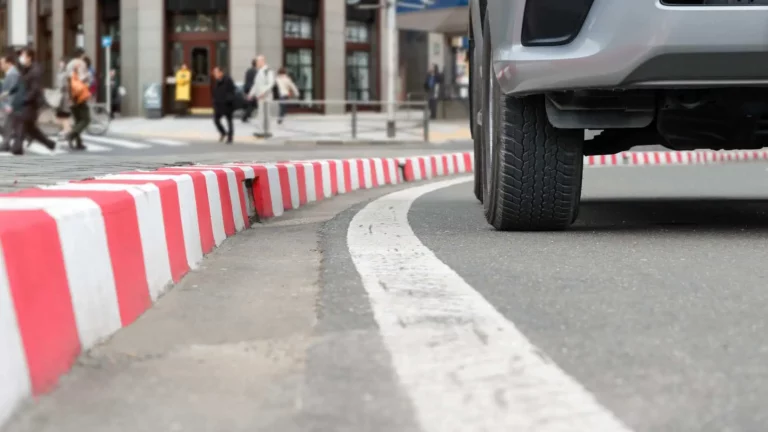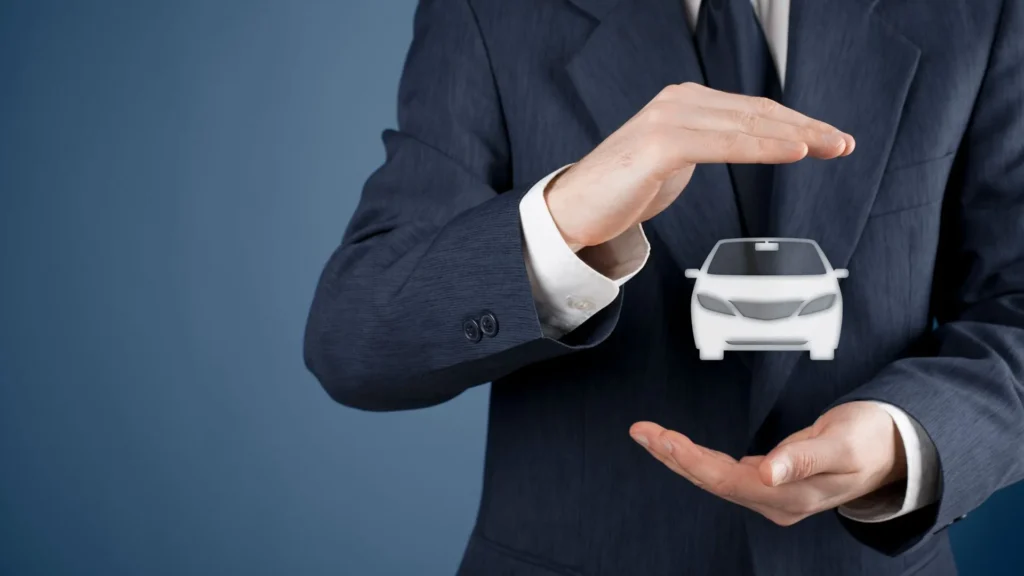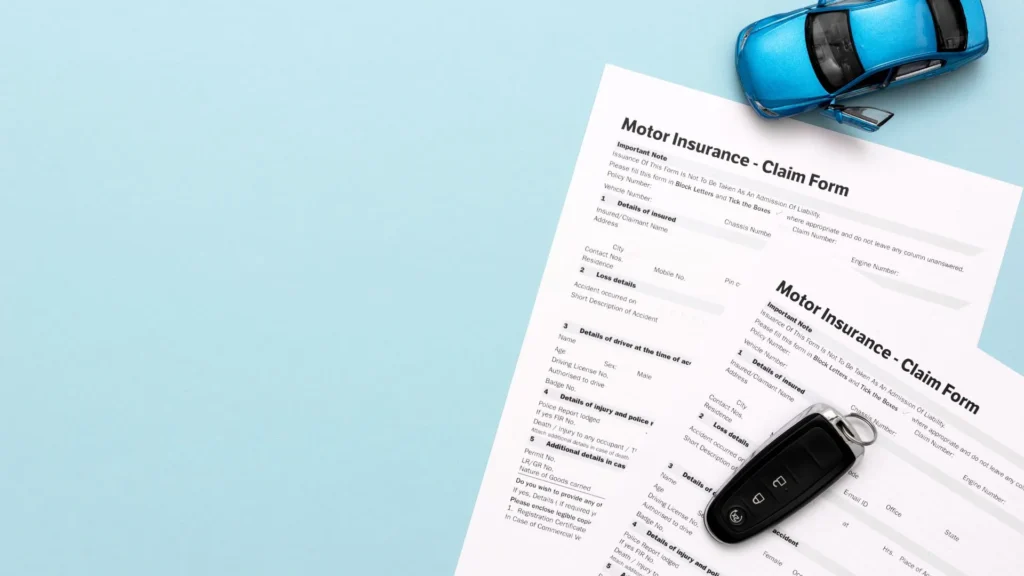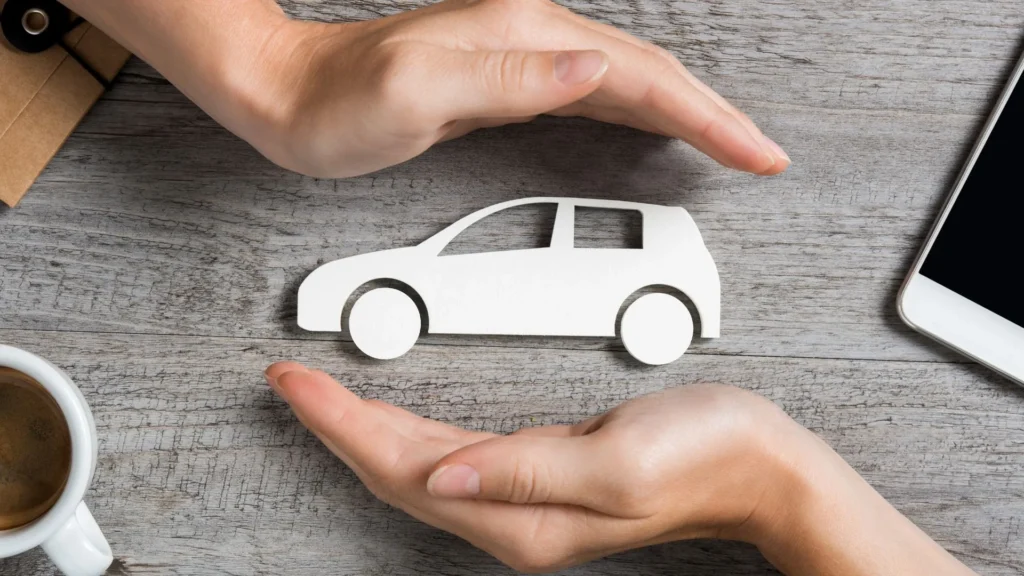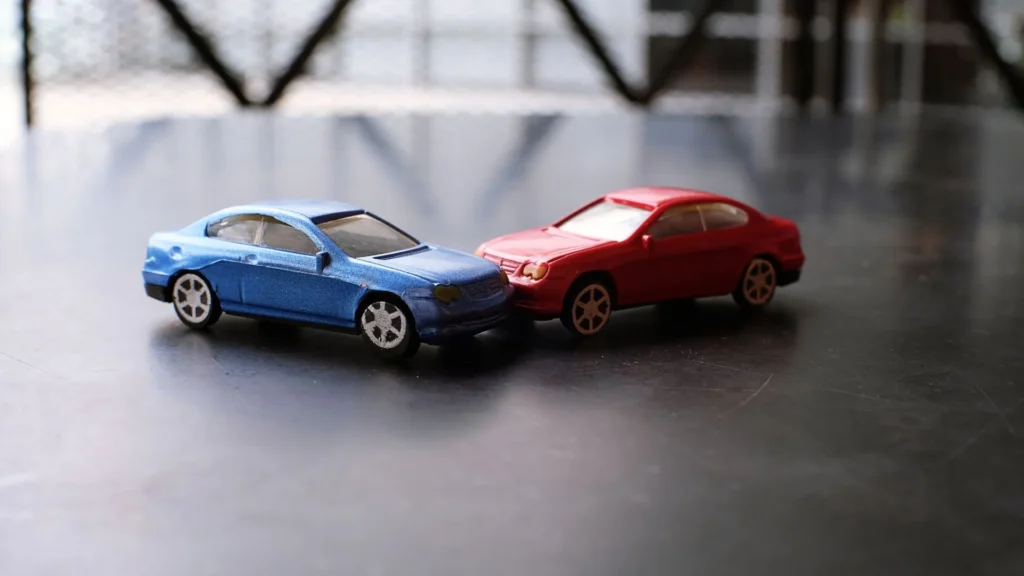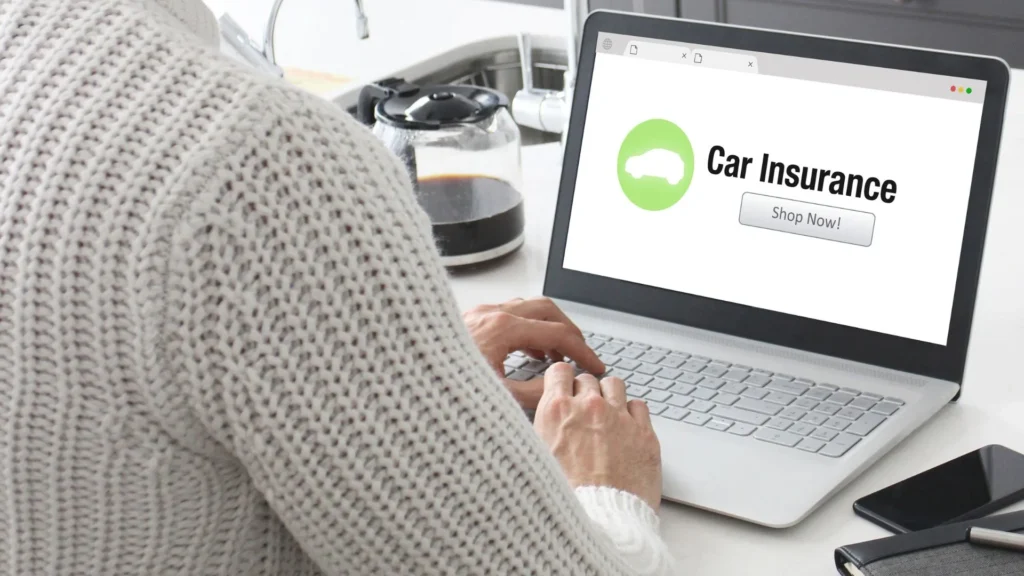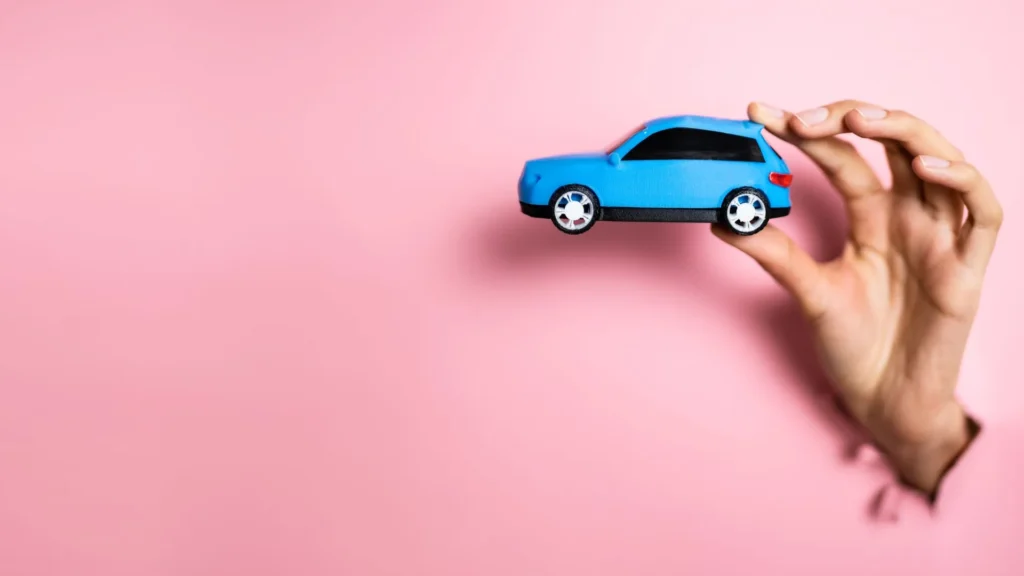Navigating city streets or parking lots can sometimes lead to an unforeseen mishap—accidentally hitting a curb. Understanding your car insurance cover on hitting a curb is crucial, whether it is a minor scrape or more substantial damage.
This comprehensive guide breaks down the nuances of insurance coverage, liabilities, and preventive measures regarding curb-related damage.
Does car insurance cover damage from hitting a curb?
Car insurance can protect against damage from hitting a curb, but coverage varies based on the policy. Collision coverage generally includes curb-related damage, while comprehensive coverage might cover specific parts like rims.
Reviewing policy details is essential to ascertain the extent of coverage for such incidents.
Is Hitting the Curb Considered an Accident?
Determining if hitting a curb constitutes an accident depends on the damage incurred. Minor impact usually doesn’t warrant a claim, but forceful collisions causing visible damage are considered accidents. Laws might mandate reporting.
Auto collision coverage covers such incidents; documenting the damage and understanding the deductible is crucial before filing a claim.
What if I Hit the Curb While Parking?
Minor or no damage while parking usually doesn’t need a claim. For significant damage, informing the insurer is wise. Severe cases may involve police reports and assessing if a collision claim is necessary.
What if I Hit My Car in My Driveway?
Collision coverage typically covers unintentional driveway barrier damage, providing financial protection for incurred damages to your car.
Can Hit the Curb Total Your Car?
Hitting a curb can total a car, especially at high speeds, but it commonly damages wheels or tires. Car insurance may cover tire damage.
Bent wheels affect steering due to misalignment, impacting safe driving. Thoroughly inspecting for potential damage after a curb collision is crucial for safety.
Does Insurance Cover Scratched Rims?
Coverage for scratched rims due to hitting a curb might be included under your collision coverage. This provision allows for the repair or replacement of the damaged rim.
However, the insurance won’t cover the expenses if repair costs fall below your collision deductible. Custom rims may need additional coverage to protect their total value.
What Should I Do If I Hit a Curb?
Upon encountering the unsettling impact of hitting a curb, it’s essential to remain composed and take these fundamental steps:
- Inspect all wheels and tires for signs of damage, including scratches, dents, or chips.
- Assess the front end and undercarriage for any potential damage.
- Test the steering to ensure standard control while driving straight.
- Document any damage by capturing photos, which is beneficial for potential insurance claims.
- In cases of significant damage to your vehicle or the curb, report the incident to the police and inform your insurance provider, even if not filing a claim immediately.
- If there’s observable or suspected damage, promptly visit an auto body shop to prevent further complications and potential future repairs.
When You Hit a Curb, What Kind of Damage Could You Expect?
Hitting a curb can lead to various damaging effects on your vehicle:
- Steering and Suspension: Impact may cause the car to turn, produce rattling noises, and affect turning, potentially damaging the brakes. Trembling steering wheels pose a safety hazard.
- Transmission: Severe collisions might lead to damage requiring fixing OEM auto parts, necessitating costly repairs.
- Undercarriage Damage: High, angular curbs can harm the oil pan, cooling cables, axles, and shafts, leading to transmission issues and potential leaks.
- Exhaust System: Sharp curb edges can sever fuel lines, catalytic converters, and mufflers, causing gasoline loss and triggering warning lights like the “check oil” indicator.
Which Type of Car Insurance Covers Curb Damage?
Collision insurance covers curb damage, paying for car repairs resulting from accidents, including curb collisions. It’s an optional but crucial addition to your policy, providing essential protection as comprehensive coverage doesn’t cover such collisions, but full coverage does include this protection.
Does Hitting a Curb Increase My Insurance?
Hitting a curb might elevate insurance rates as it’s often deemed an at-fault incident. Post-claim factors like claim severity and driving history influence premium adjustments. Insurers assess risk from driving records, potentially impacting rates based on individual evaluations.
When should you file a claim for curb damage?
Before filing a claim for curb damage, assess the damage extent, deductibles, No-Claim Bonus (NCB), and potential impact on future rates. Consider deductibles’ out-of-pocket costs and subsequent premium hikes. Notably, a single claim may reset the NCB to zero.
If the damage is due to somebody else’s fault, pursuing a third-party insurance claim against them might be an alternative to consider, avoiding potential impacts on your insurance history and rates.
How Can I Avoid Hitting a Curb?
To avoid curb-related mishaps, practice cautious driving, especially while parking. Utilize backup cameras or sensors if available, take your time, and be mindful of your vehicle’s proximity to the curb.
Additionally, maintaining proper tire pressure and regular vehicle inspections can minimize the risk of tire or rim damage.
Conclusion
In summary, car insurance coverage for damage from hitting a curb depends on your policy’s specifics and the extent of the damage.
While hitting a curb is considered an accident, understanding your coverage, assessing the damage, and considering repair costs against potential premium increases are essential steps in handling such incidents.
Practicing careful driving habits can significantly reduce the likelihood of curb-related accidents, ultimately contributing to safer and cost-effective driving experiences.
FAQs
What would happen if you struck a curb by accident?
Depending on the impact’s speed and angle, hitting a curb can result in a range of damage. The suspension, steering, tires, and wheel rims may sustain damage. It may also harm the vehicle’s undercarriage, including the oil pan and exhaust system.
Can a curb harm a CV joint?
A collision with a curb can damage or skew the CV joint, resulting in problems like popping or clicking sounds when turning, vibrations during acceleration, or even joint failure. If you suspect CV joint damage, you must have your car evaluated by a skilled mechanic.
Does slamming against a curb affect steering?
Damage to tire rods: The tie rods that link the wheels and steering wheel may get damaged if you strike a curb. Steering will become problematic if a tie rod is destroyed, especially in snowy and rainy conditions.

